Remote Companies Q&A
The leading remote companies and virtual teams answer your questions
0
Questions
0
Remote Teams
0+
Remote Team Members
The Questions
Why Remote
- What does your remote-friendly company do?
- What does your virtual team do within the company?
- Did you switch to remote or start out that way?
- How important is remote work to your business model?
- What do you consider the biggest benefits of a remote workforce?
- What were the main reasons to integrate remote work into your workforce?
Hiring Remotely
- What traits do you look for in candidates for a remote job?
- How do you conduct interviews for remote jobs?
- How do you convey your remote culture in the recruiting process?
- What is your hiring process for remote workers?
- Do you use third party testing or evaluation services when hiring remote workers?
- How do you conduct onboarding for remote workers?
Managing Remotely
- Do you have remote communication protocols for your remote workers?
- Do you organize remote team retreats?
- Do your remote team members meet in person?
- How do you measure the productivity of remote workers?
- What elements are key to successful working relationships with remote teams?
- What is the hardest part about managing a remote workforce?
- How do you keep remote employees engaged and feeling part of the bigger picture?
- What is your BYOD policy for remote workers?
- What is your time off policy for remote workers?
- What were your biggest fears in managing remote workers?
Working Remotely
- How did you implement a remote work policy?
- Can a remote-friendly company have a healthy culture?
- How do you nurture your company’s culture in a remote work environment?
- What advice would you give to a team considering to go remote?
- What challenges have you encountered building a remote team?
- What are the most effective tools for remote team communication?
- What has changed about how your remote team operates?
- How does your team address different time zone challenges?
Remote Worker Insights
- What is your personal remote work environment?
- What are the biggest benefits of being a remote worker?
- How do you personally manage work-life balance?
- What tips do you have to disconnect when working remotely?
- What is your favorite business book?
- Do you have a favorite quote or bit of business wisdom?
- Where is the best or worst place you’ve worked remotely?
The Companies

10up Inc.

1Password
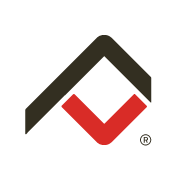
Acceleration Partners

Aha!
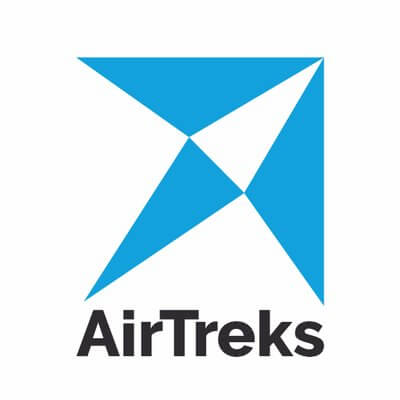
AirTreks

American Express
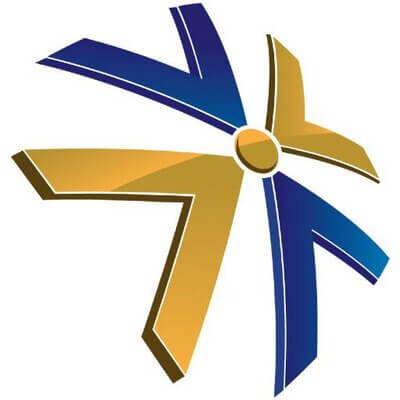
AnswerFirst

Appen

Appirio

Articulate, Inc.

Automattic

Balsamiq
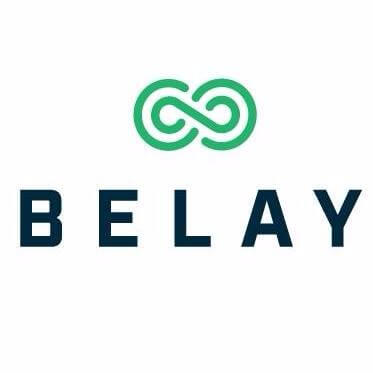
BELAY

Bitovi

Boldly

Bright!Tax
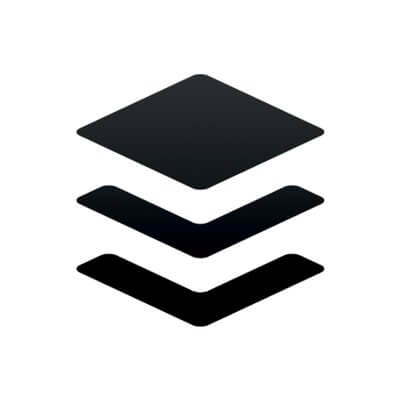
Buffer

Canonical

Ciao Bambino! Inc.

Coalition Technologies

Codebusters, Inc.

Crossover

DataStax

Dell

DevriX

Doist
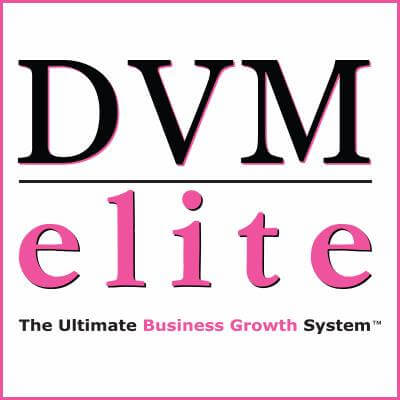
DVMelite
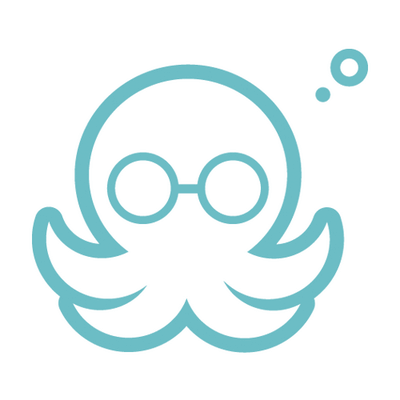
Edgar

Envato

Equivity

Eyeo GmbH

Five Q

Flex Professionals

FlexJobs
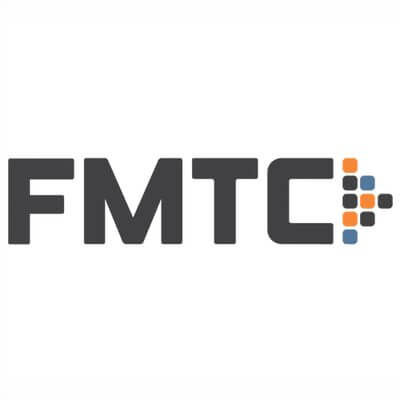
FMTC

Fog Creek Software

Formstack

GitHub, Inc.

GitLab

Go Fish Digital

Goodway Group

Greenback Expat Tax Services

Groove

Help Scout

Hippo Education

Hubstaff
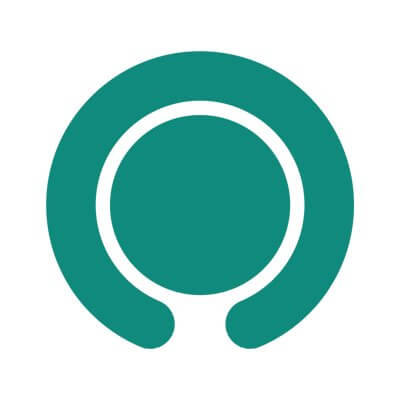
ICUC Social

iDoneThis

Incsub

Inpsyde GmbH

Intridea/ Mobomo

Jackson River

Jungle Scout

Knack
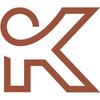
Knobs.co

komoot

LiquidSpace
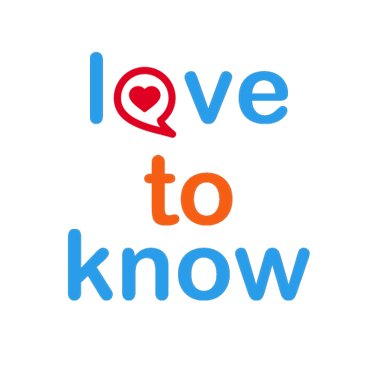
LoveToKnow
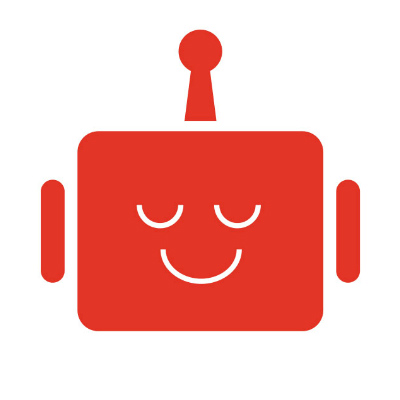
Lullabot

Mavens

Modern Tribe

MomsRising

Must Have Menus
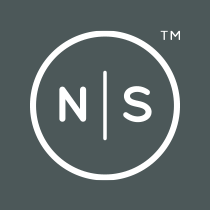
NodeSource

Omni Interactions
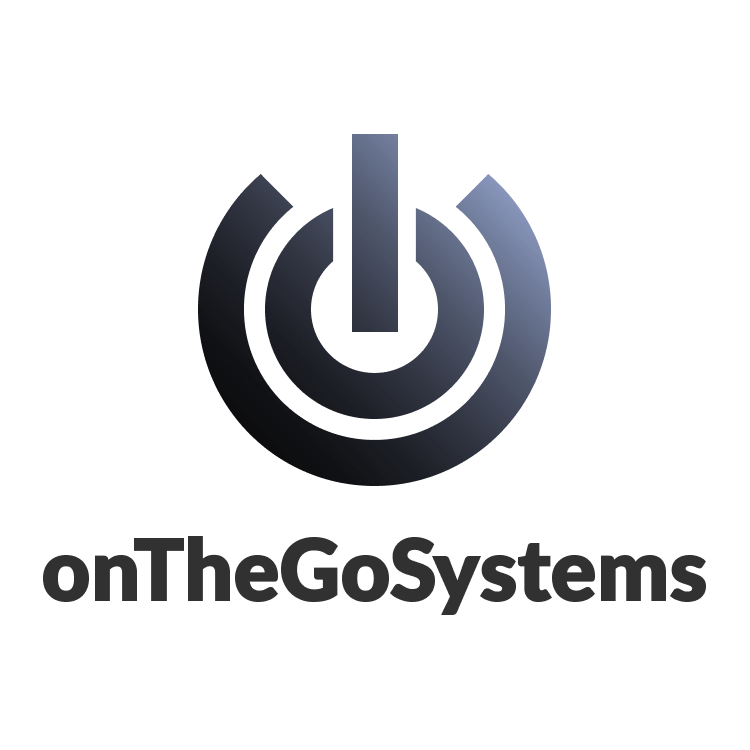
OnTheGo Systems
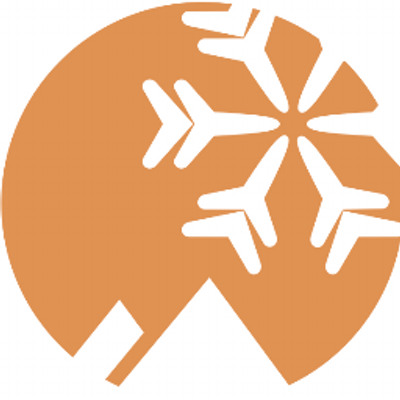
OpenSnow
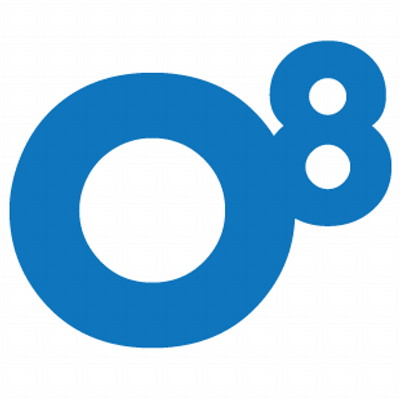
Origin Eight

Packlane

Pagely

Parse.ly

Plex

Project Ricochet

Qkids

Referral Rock
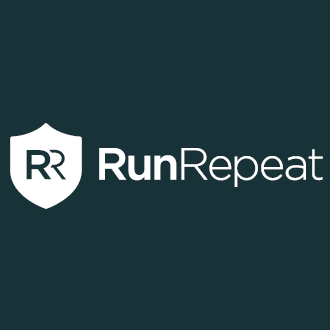
RunRepeat

Scribendi

Seeq
![Simple [A]](https://remote.co/wp-content/uploads/2018/02/Logo_Eggplant.png?w=100)
Simple [A]

SimpleTexting

SitePen

Skillcrush
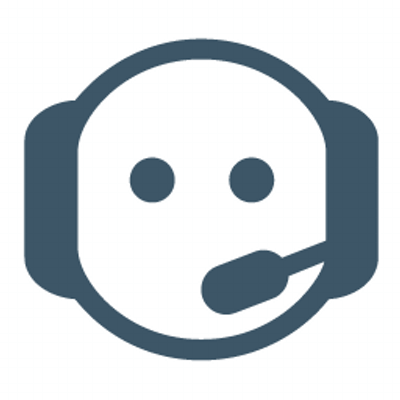
Sococo

SoftwareMill
Stack Overflow

Sticker Mule

StudySoup
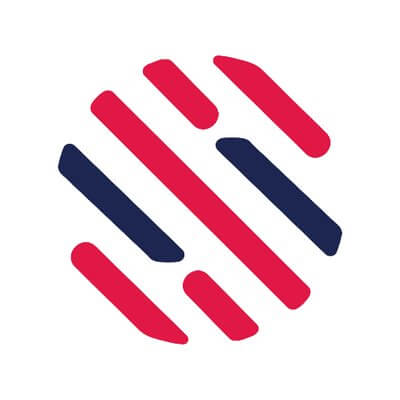
Sutherland Global Services

Taksa Technology Solutions
TaxJar

TeamGantt

TeamSnap

ThirdPath Institute

Time Doctor
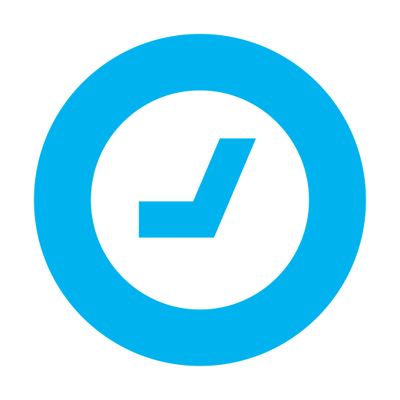
Timely
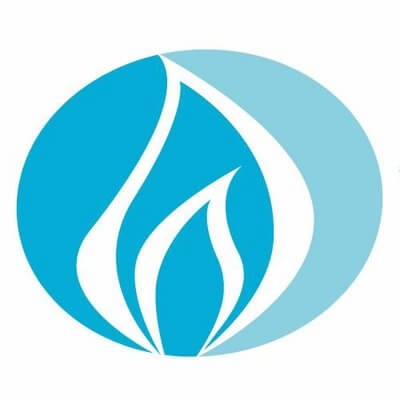
TNTP

Toggl

Tortuga

Trello

Tropical Travelers
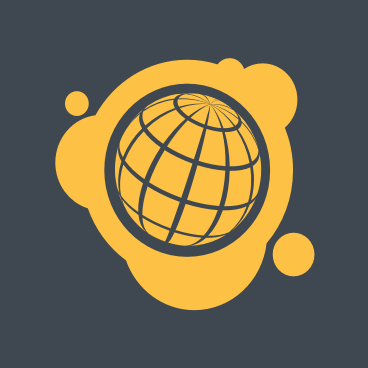
Ushahidi

VIPKID

WAKA Kickball & Social Sports

WooThemes

Wordfence
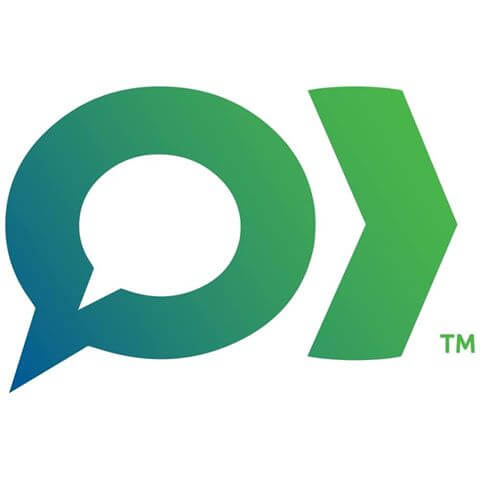
Working Solutions

X-Team

XWP